Our Core Curriculum is divided into three units of study:
+ UNVEIL: Exposing the Workings of Empire
MATERIAL HISTORY: GEOPOLITICS, ECONOMICS AND IDEOLOGY
In this track we seek to understand how the world works. It begins with a big picture focus on the colonial dynamics that are a part of the rise of civilization. Rather than viewing history as a linear march of progress, justifying the unfortunate conquest of land and peoples along the way, we look at the “civilizing” impulse as a particular way of being in the world—one that is very recent and unique historically. This is contrasted with indigenous lifeways, which civilization attempts to exterminate every step of the way. Kinship structures are broken and connection to the land is severed in order to bring people into direct relationship with the state—a traumatic process that is forgotten and normalized after enough generations have passed. We unpack the relational, psychological and environmental consequences of the loss of indigeneity as a lens through which to interpret the destructive globalizing march of Western culture today.
The intersection of geography, politics, economics, and ideology is stressed throughout our reading of world history. Given that we live in the ruins of five hundred years of Western colonialism, we focus especially on the rise and spread of the West, along with the patriarchal and dualistic categories (Platonic and Cartesian) embedded at its core. We explore how this has been aided by a series of hierarchal splits – male/female, immaterial/material, civilized/savage, Christian/pagan, mind/body, white/black, self/community etc. We also explore how these categories co-opted Christian theology to justify various European empires through an ideology of Christian supremacy, which eventually morphs into modern white supremacy. We end with an examination of debt as a mechanism of conquest, and the ways it currently functions in the latest colonial configuration of American neoliberal global capitalism. Neoliberalism has turned people, communities, and the earth itself into commodities to be exploited for profit.
+ IMAGINE: Reading the Bible as Counter-Imperial Witness
SOCIO-POLITICAL HERMENEUTICS: EMPIRE, MYTHOLOGY AND THE PEOPLE OF GOD
In this track we learn to read the Bible as a collection of diverse testimonies from a people struggling with the reality of empire. We begin by exploring how Western hermeneutics has tended to fall into idealist or docetic readings of the text, and instead learn to read the text through a socio-political hermeneutic. Beginning with Genesis, we encounter a collection of stories, testimonies, and counter-mythologies of a people struggling to keep (or restore) their humanity in Palestine, the middle of the “cradle of civilization” between Egypt (the Nile) and Babylon (the Tigris and Euphrates). From Egypt to their own experiments with monarchy to Assyria to Babylon to Persia to Greece to Rome, the Hebrew Bible is read as a struggle to come out of the imperial idolatry of the “Canaanites,” and follow Yahweh, the god of the ancestors, in a faithful communal life of sharing, cooperation and care for the earth.
Jesus calls for a return to this “little tradition” in the midst of Roman imperial occupation by casting out imperial demons and renewing village life amongst traumatized peasants in Galilee, while simultaneously calling out the cooptation of the Second Temple by the Jewish religious aristocracy. Calling his disciples to the “way of the cross,” he is ultimately executed by the Roman state only to be vindicated by Yahweh through resurrection from the dead. The Apostle Paul, rooted in the tradition of apocalyptic Judaism, recognizes in Jesus’s example the shape of the “new creation,” and so travels the Roman world to give birth to counter-imperial assemblies that are the “first fruits” of this resurrected way of life. As persecution and suffering increase for the early Christian community, the authors of Hebrew and Revelation struggle to persuade these early communities to faithfully endure in this more humane and life-giving way.
+ BIRTH: Healing to Liberate Spirit and Restore Kinship
TRANSFORMING EMBODIMENT: IDENTITY, THEOLOGY & PLACE
This track focuses on the healing of the self from the uprootedness and dis-ease caused by empire. Western dualism splits the modern individualized person from a sense of connection to the past ancestors or responsibility to future generations. It disconnects from kinship relations with the earth and human community. And it separates the so-called rational mind from one’s own body and emotions. This loss of the past and future, and the elimination of Spirit from creation, frees neoliberal capitalism to turn everything into a commodity to be exploited for profit without remorse or consequence. The result is the alienated and production-oriented/consumption-addicted self of whiteness—what Jack Forbes has labeled the wetiko (cannibal psychosis) disease, or what Buddhism calls a “hungry ghost.” This way of being is spreading across the globe. We aim to stop the damage by rooting students in the real—in ancestry, the earth, community, and the body—in order to give birth to liberating Spirit and intimate kinship in the world.
This track is necessarily more experiential and project oriented. We begin by studying family systems theory to understand the deep relational construction of the self, and we offer coaching to each student on healthy differentiation in their family systems. We then do genealogy research, both through online tools and interviews with family members, to bring our ancestors to greater consciousness. This includes unpacking the trauma of immigration resident in our past (for the non-indigenous), along with the rootlessness of the abstract American self. We then shift to studying bioregionalism, systems ecology, and permaculture to begin a move toward inhabiting a place—learning to live restoratively within, rather than destructively on top of, the land. This includes a number of field trips and hands-on learning projects. We end by learning to preach testimonially out of the deeper sense of embodiment and rootedness that is emerging. Critical to this track is travel to places that both instruct us on the trauma of colonization and/or perils of Westernization, while also still pointing to a more ancient, communal and rooted way of being human.


